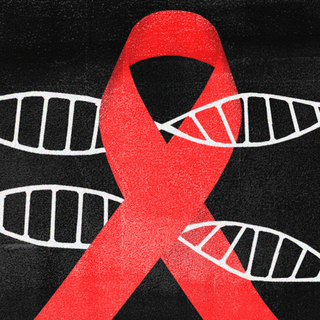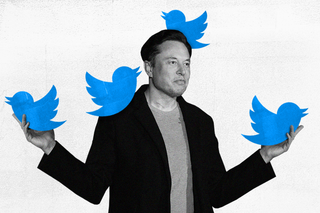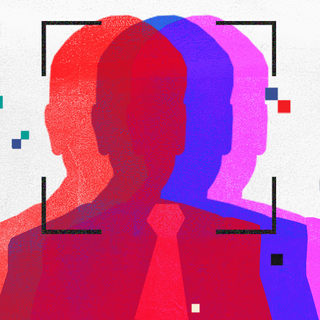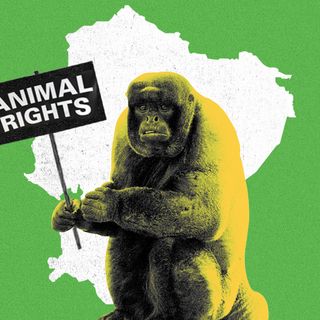
Elon Musk is Now Twitter’s Biggest Shareholder, but His Free Speech Agenda is Misleading
The richest man in the world acting as the messiah of transparency and democracy spells concern.

The latest saga in the adventures of Elon Musk carries one profound lesson: if you don’t like something, buy it. In a completely logical series of events, the richest man in the world, who has been visibly miffed at a Big Tech company’s policies, is now also the largest shareholder of the said company; his 9.2% roughly amounts to $3 billion.
Musk’s motivations are curiously engulfed in what he deemsto berevolution — he proclaims himself to be a “free speech absolutist” who has critiqued Twitter previously for its censoring. Recently, tweeted: “Given that Twitter serves as the de facto public town square, failing to adhere to free speech principles fundamentally undermines democracy. What should be done?” This was followed by a poll: “Is a new platform needed?”
The narrative thus seems to be favorably set. Musk can be a reformist billionaire who can bring Big Tech to heel by advocating for free speech and transparency — but not quite.
In some ways, the whole acquisition reads like a revenge story. Musk is a popular — and controversial — figure whose love-hate relationship with social media is publicly documented. In an article about what Twitter means to divisive figures like Musk and Donald Trump, who face the ire of mainstream media’s scrutiny, Forbes explained: “Twitter, by contrast, allows them to circumvent these gatekeepers and broadcast directly to their fans and supporters. Millions of them. At one point or another, both have had nearly 80 million followers on Twitter. Collectively, they’ve sent over 72,000 tweets.” So any censorial policies on Twitter then hit a raw nerve; any speech regulation becomes gatekeeping. It is no wonder Musk desires Twitter to be “more decentralized, opening up its algorithm and giving users greater choice over what appears on their feed.”
What people can, and can’t, say on the internet is an issue replete with nuance. What qualifies as hate speech? What are the limitations to free speech? Who gets to regulate whom? Can all hate speech be detected? The political and cultural context makes transparency and free speech more critical to democracy; but if this a way for a billionaire to get back at a company, the personal vendetta may threaten the whole endeavor.
“…despite ample room in which to exercise his speech — and aggressively trying to curtail the free speech of some of his critics — Musk evidently feels aggrieved,” as Timothy L. O’Brien noted in Washington Post.
Related on The Swaddle:
Elon Musk’s Brain Chip Company Is Accused of Animal Cruelty
Musk can quite literally move markets. Now his hand may herald the free speech or transparency policies of one of the largest social media platforms in the world. A powerful person determining what constitutes free speech is a dangerous prospect.
Musk’s own Twitter use is a worrying example of what the world of decentralized internet would look like. This is a man who has tweeted memes comparing the Canadian President to Adolf Hitler; posted transphobic content; randomly called someone a “pedo guy.” Some are absurdist, some performative for an enraptured audience. His vision of free speech may leave enough room for vitriolic comments to thrive — all in the name of standing up to censorship.
There are already reports of Twitter employees considering resigning as Musk pushes for less regulated speech.
This doesn’t mean Twitter’s current free speech policies or content moderation is seamless. While the company banned Donald Trump’s account after multiple instances of misinformation and inciting violence, it failed to act when Indian politicians or those away from the West propagated hate. Moreover, last year the company removed accounts of activists and journalists — evidently caving to pressure from the central government. The contradiction in adhering to free-speech principles raised multiple issues — how much influence does a government have over these companies, what role does social media play in shaping national politics. Slowly and swiftly there has been a roaring demand across countries to tame this influence.
So indubitably, Twitter is far from perfect. But this doesn’t have to be a lesser-of-the-two-evils situation. Just because there’s a glitch in the impact social media has doesn’t mean the person with money gets to fill it. What Twitter restricts, and what it doesn’t, is a decision colored by gender, politics, race, class, caste, and more; any attempt to decide what should be free speech must then be a broader conversation.
The richest man in the world acting as the messiah of transparency and democracy then feels like the wild west. Money can solve a lot of problems. But the pursuit of free speech is lost in the attempt to buy it.
Saumya Kalia is an Associate Editor at The Swaddle. Her journalism and writing explore issues of social justice, digital sub-cultures, media ecosystem, literature, and memory as they cut across socio-cultural periods. You can reach her at @Saumya_Kalia.
Related


LinkedIn Has Over 1,000 AI‑Generated Deepfake Profiles, Find Researchers
